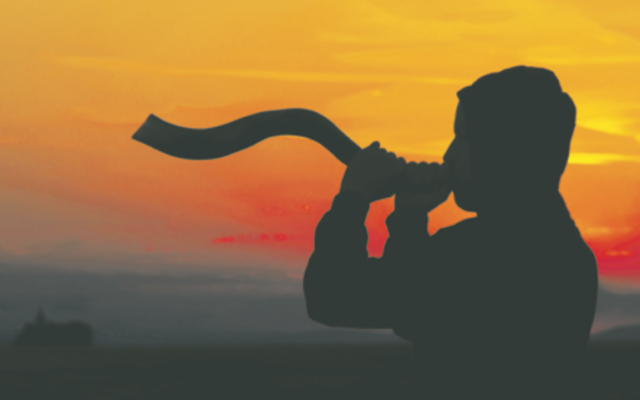Why does Rosh Hashanah come first?
Should we be repenting first and then bringing in the New Year?
When we celebrate the festivals of this season, Rosh Hashanah comes first and is followed by Yom Kippur. Many have suggested that it would be more logical to have the two festivals in the reverse order. That first we spend time reflecting on the past year, examining our deeds, doing the difficult work of repairing our damaged relationships. Then we will be free to truly celebrate Rosh Hashanah and the beginning of the new year; slate wiped clean, burdens lifted from our shoulders and ready to truly embrace the future.
But our festival calendar does not work that way – Rosh Hashanah comes before Yom Kippur, and perhaps this is yet another example of the ancient wisdom of our tradition.
Yom Kippur and the Ten Days of Repentance are difficult. It is hard to hold ourselves to account, to look at the stains on our characters and ourselves, to recognise the times we strayed from the path, and were less than the best we could be.
There is hurt and pain, fear and trepidation, as we examine our actions of the past year and take an honest look at ourselves. To do this, to find the courage to make a true accounting of our deeds, we need to be in a place of strength.
Rosh Hashanah and its celebration gives us the fortification and the gift of enabling us to move into the Ten Days of Repentance and Yom Kippur.
In the book of Psalms, Psalm 100 verse 2, we are called upon to “serve Adonai with joy”, to come into God’s presence with the fullness of our hearts and to celebrate. Rosh Hashanah enables us to do that.
It is a festival of celebration and delight, where we give thanks for creation, our existence, the beauty of the earth and the people around us. We find the joy and we allow it to enter our hearts, to truly embrace all that is good in our lives and our world.
All the studies about resilience teach that gratitude and appreciating our blessings, and the good which surrounds us, is the means by which we build fortification to help us withstand the challenges which will come our way. Jewish tradition embeds that in our observance of these Yamim Nora’im. We begin with joy, celebration and gratitude, we focus on the good so that we are ready then to confront our less-than-perfect moments, our flaws and our wrongs. Then we can acknowledge them and repair our relationships with God, others and ourselves.
Then, on the other side, Succot.
Yom Kippur is cushioned by two festivals of joy which enable us to enter these days with hearts filled with gratitude and blessings.
So, as we approach Rosh Hashanah, we can focus together on the wonder and beauty of the world, and the blessings in our lives.
Shana Tova.
May this season bring you goodness, sweetness and blessings.
Rabbi Ninio was ordained in 1998 when she became the seventh Australian-born progressive rabbi and the third Australian-born female rabbi. Rabbi Ninio joined Emanuel Synagogue in 1998 and is the congregation’s first female rabbi.


comments